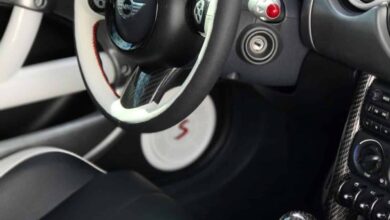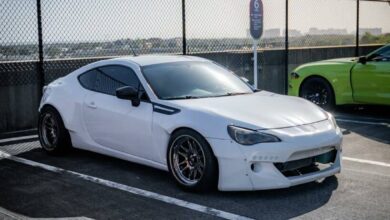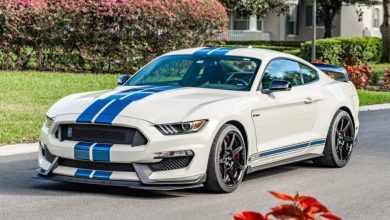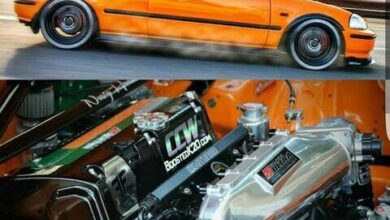Tuner Car Wheels: Choosing the Perfect Set for Your Ride
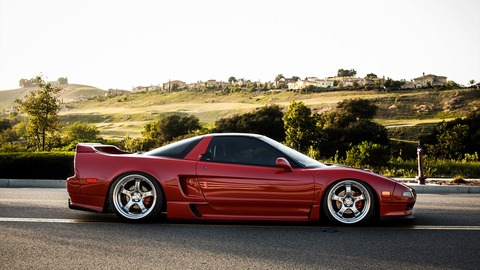
Tuner cars, known for their performance modifications and customized aesthetics, often undergo transformations that include upgrading their wheels. Tuner car wheels not only enhance the visual appeal but also contribute significantly to the vehicle’s performance and handling. When selecting tuner car wheels, there are various factors to consider, including size, material, design, and brand reputation. Let’s explore the world of tuner car wheels through a listicle format, highlighting the pros and cons of different wheel options.
1. Plus: Alloy Wheels
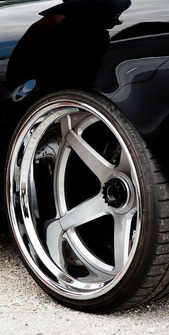
- Pros:
- Lightweight: Alloy wheels are lighter than steel wheels, which can improve acceleration, braking, and overall handling.
- Aesthetic Appeal: Alloy wheels come in a wide range of designs and finishes, allowing car enthusiasts to customize their ride’s look.
- Heat Dissipation: The conductivity of alloy helps in dissipating heat generated during braking, reducing the risk of brake fade.
- Corrosion Resistance: Many alloy wheels are coated or treated to resist corrosion, prolonging their lifespan.
- Cons:
- Cost: Alloy wheels can be more expensive than steel wheels, especially premium or forged alloy options.
- Vulnerability: Alloy wheels are more prone to damage from curbs, potholes, and impacts compared to steel wheels.
2. Plus: Forged Wheels
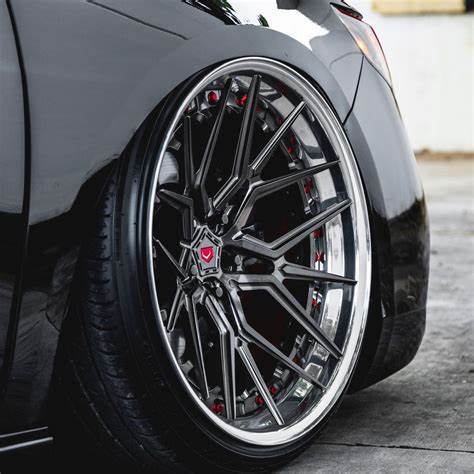
- Pros:
- Strength: Forged wheels are stronger and more durable than cast wheels, making them ideal for high-performance applications.
- Lightweight: Despite their strength, forged wheels are typically lighter than cast wheels, contributing to better performance.
- Customization: Forged wheels can be customized in terms of size, offset, and finish, offering a tailored solution for tuner cars.
- Heat Resistance: The forging process enhances heat resistance, making forged wheels suitable for track use.
- Cons:
- Cost: Forged wheels are among the most expensive options due to their manufacturing process and materials.
- Limited Availability: Customized forged wheels may have longer lead times and limited availability compared to off-the-shelf options.
3. Plus: Performance-oriented Tires
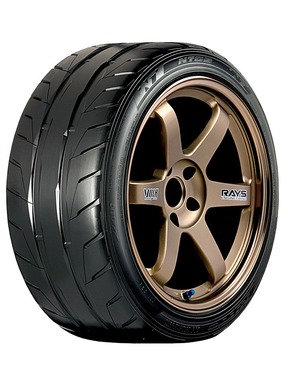
- Pros:
- Grip and Traction: Performance tires are designed to provide superior grip and traction, enhancing the car’s handling capabilities.
- Wet Weather Performance: Many performance tires offer excellent performance in wet conditions, reducing the risk of hydroplaning.
- Cornering Stability: The tread design and rubber compounds of performance tires contribute to enhanced cornering stability.
- Cons:
- Wear and Tear: Performance tires tend to wear out faster than standard tires, especially if used aggressively or on rough surfaces.
- Ride Comfort: Some high-performance tires may sacrifice a bit of ride comfort and noise level for improved performance characteristics.
4. Minus: Oversized Wheels
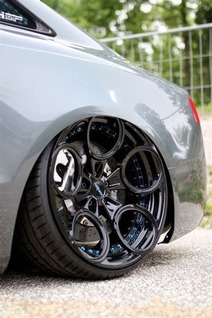
- Pros:
- Aesthetic Appeal: Oversized wheels can give a tuner car a more aggressive and stylish appearance, especially when paired with lowered suspension.
- Wheel Well Filling: Larger wheels can fill the wheel wells more effectively, creating a more balanced and flush look.
- Improved Handling: In some cases, larger wheels with lower-profile tires can improve handling and responsiveness.
- Cons:
- Ride Comfort: Oversized wheels with low-profile tires can result in a harsher ride quality, especially on rough roads.
- Weight: Larger wheels are often heavier, which can negatively impact acceleration, braking, and fuel efficiency.
- Fender Clearance: Fitment issues such as rubbing against fenders or suspension components may arise with oversized wheels.
5. Minus: Replica Wheels
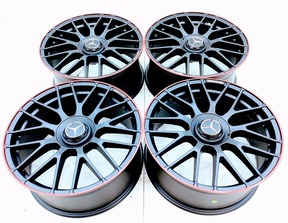
- Pros:
- Cost-effective: Replica wheels are often more affordable than genuine or OEM wheels, making them accessible to a wider range of enthusiasts.
- Aesthetic Variety: Replica wheels mimic the design of popular aftermarket or OEM wheels, offering a variety of styles to choose from.
- Cons:
- Quality Concerns: Replica wheels may not match the quality and performance of genuine wheels, leading to potential durability and safety issues.
- Fitment Issues: Poorly manufactured replica wheels may have fitment issues, such as improper hub centricity or lug nut compatibility.
Choosing the right tuner car wheels involves balancing aesthetics, performance, cost, and quality. Understanding the pros and cons of different wheel options can help enthusiasts make informed decisions that suit their driving style, aesthetic preferences, and budget constraints.
